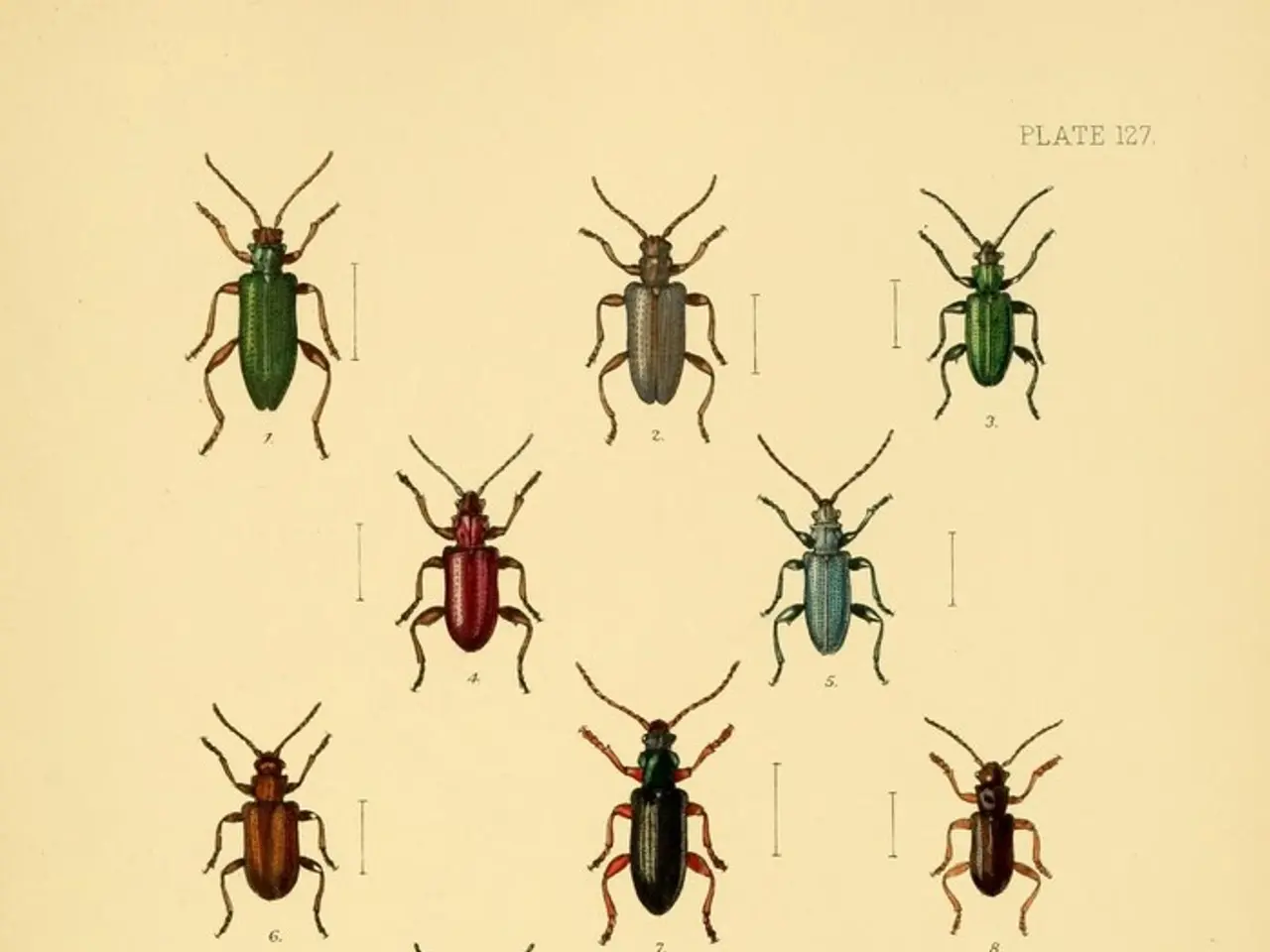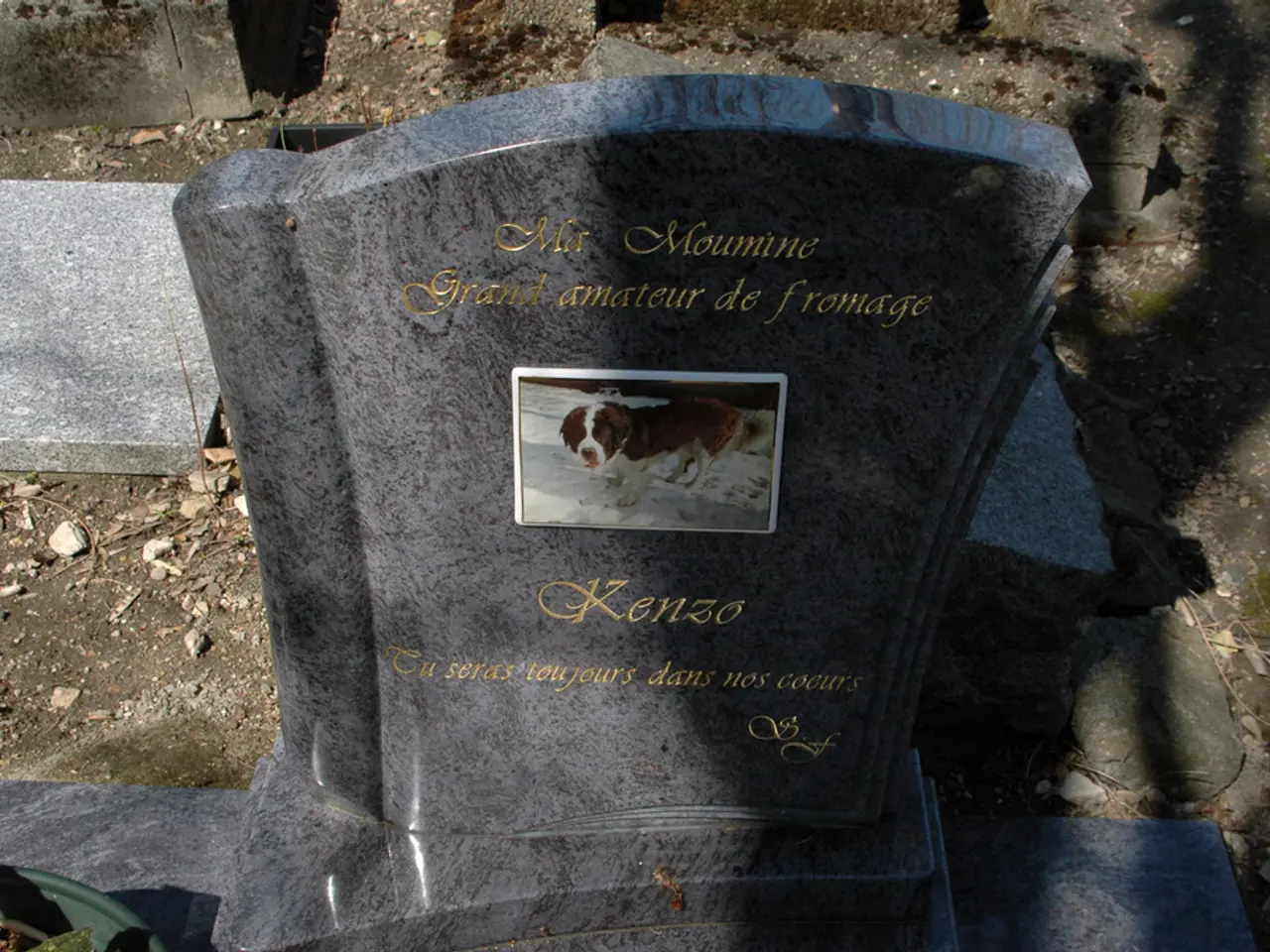Struggle of Hungary's oldest library to safeguard 100,000 books from beetle invasion
A serious threat looms over the centuries-old book collection at the Pannonhalma Archabbey in Hungary, a UNESCO World Heritage site. The library, home to an extensive collection of rare and valuable books, is currently battling a drugstore beetle infestation, a menace that has the potential to cause significant structural damage to these priceless volumes.
The drugstore beetle, also known as the bread beetle, is particularly harmful in its larval stage. These tiny insects feed on animal glue and vegetable starch found in the spines of old books, leading to potential structural damage. The beetles are attracted not only to foodstuffs but also to the materials in the books, making the abbey’s collection an ideal breeding ground.
The infestation has been exacerbated by climate change, which has increased temperature and humidity in the library, conditions favourable for the beetles to reproduce more rapidly. It is believed that the insects likely entered the library through doors, windows, or on visitors’ clothing.
To combat this, approximately 100,000 handbound books—about a quarter of the abbey’s 400,000-volume collection—are being removed from shelves and carefully placed in crates to undergo a disinfection process. This process involves placing the books in a pure nitrogen environment for six weeks to eradicate the beetles without damaging these irreplaceable volumes. Each book is treated individually before being returned to the shelves.
The Hungarian government has provided significant emergency aid, with experts coordinated by the Museum of Ethnography assisting in damage assessment and advising on the best conservation methods that protect the collection while eliminating the insects. The abbey’s restoration team stresses the importance of preserving the collection, adhering to the centuries-old monastic rules that consider the library’s holdings as sacred and invaluable cultural heritage.
The Pannonhalma Archabbey, founded in 996, is one of Hungary's oldest centers of learning and a UNESCO World Heritage site. The library houses the country's oldest collection of books, as well as many of its earliest and most important written records. It also contains several hundred manuscripts predating the invention of the printing press in the mid-15th century, and 19 codices, including a complete Bible from the 13th century.
The abbey's director, Ilona Ásványi, is humbled by the historical and cultural treasures the collection holds. The infestation is classified as advanced and requires the treatment of the entire collection simultaneously. Tens of thousands of books from the 16th century are part of the library's collection.
Any damage to the library's collection is considered a blow to cultural, historical, and religious heritage. The abbey has a long history of surviving centuries of wars and foreign incursions, including the Ottoman invasion and occupation of Hungary in the 16th century. The current battle against the drugstore beetle infestation is yet another testament to the abbey's resilience and commitment to preserving its invaluable cultural heritage.
- The drugstore beetles, attracted to the books' materials, have made the Pannonhalma Archabbey's library an ideal breeding ground, a problem that has been worsened by climate change, which has increased the temperature and humidity in the library.
- In an effort to combat the infestation, specialists in environmental science have been involved, emphasizing the importance of preserving the library's collection without causing damage to the centuries-old and irreplaceable volumes.
- The battle against the drugstore beetle infestation at the Pannonhalma Archabbey is not just a fight for the preservation of a world-renowned library but also a defence of the European continent's rich health-and-wellness history, cultural heritage, and science, including the early works of environmental science and climate change records found in the library's collection.




